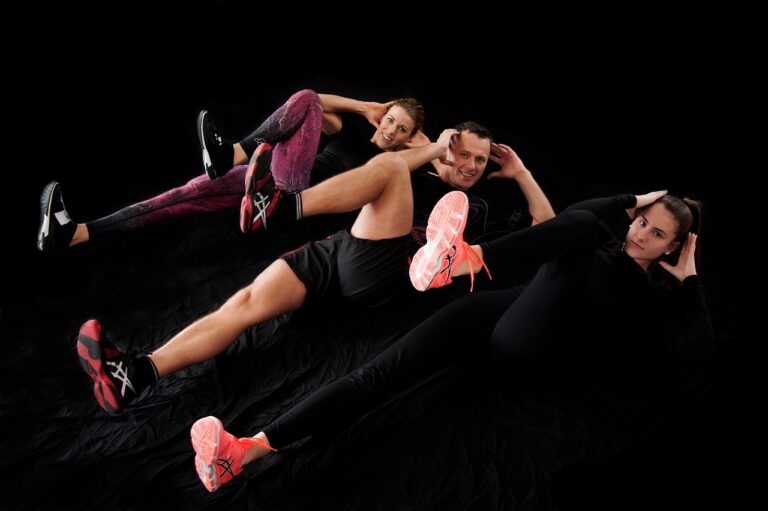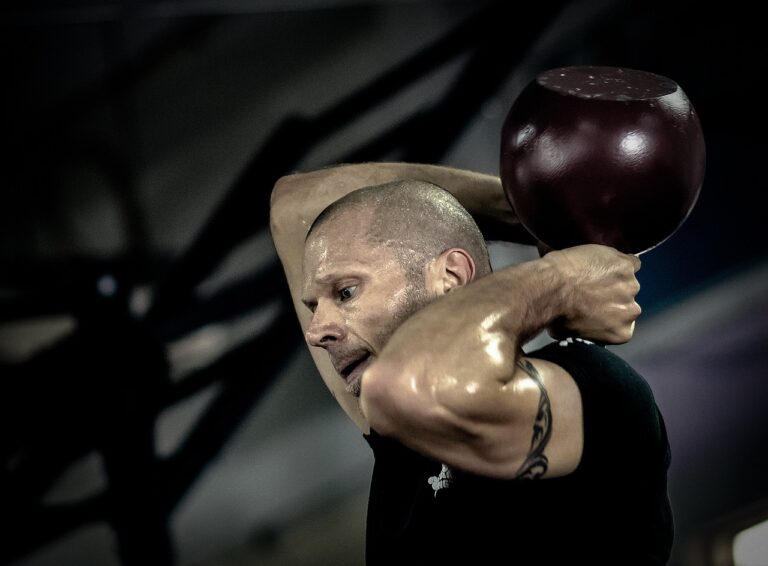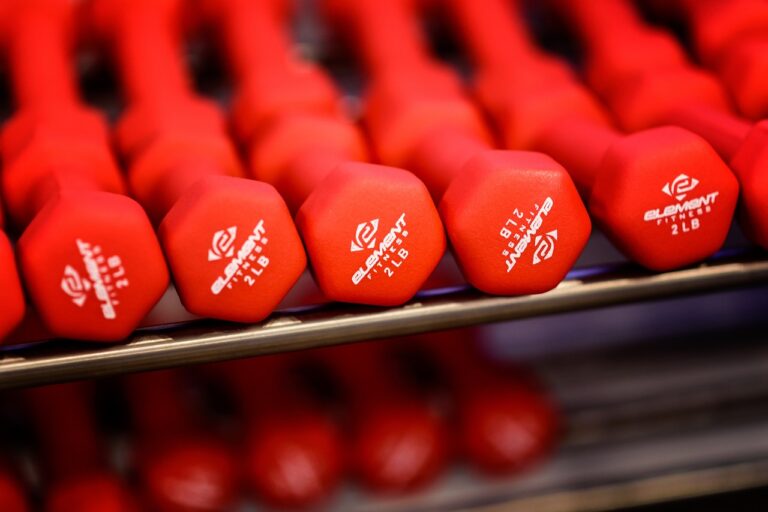The Benefits of Tai Chi and Qigong for Balance, Flexibility, and Mental Health
Tai Chi and Qigong are ancient Chinese practices that offer a myriad of benefits when incorporated into your daily routine. These gentle yet powerful exercises can help improve your physical, mental, and emotional well-being. By engaging in the slow, deliberate movements of Tai Chi and the controlled breathing of Qigong, you can experience reduced stress levels, increased energy, and enhanced overall health.
One of the key advantages of regularly practicing Tai Chi and Qigong is the improvement in balance and coordination. These exercises focus on enhancing proprioception, which is your body’s awareness of its position in space. As a result, you can develop greater stability and agility, reducing the risk of falls and injuries, especially for older adults. Additionally, the mindfulness aspect of these practices helps you become more attuned to your body’s movements, promoting a sense of harmony and control.
• Improved balance and coordination
• Enhanced proprioception leading to greater stability and agility
• Reduced risk of falls and injuries, especially for older adults
• Mindfulness aspect promotes harmony and control in movements
Improving Physical Stability Through Tai Chi and Qigong
Tai Chi and Qigong are ancient mind-body practices that focus on gentle and deliberate movements, breathing techniques, and mental focus. These practices have been shown to improve physical stability by enhancing balance, coordination, and proprioception. Regular practice of Tai Chi and Qigong can help strengthen the muscles involved in maintaining stability and improve overall body awareness.
By performing slow, controlled movements and shifting weight from one leg to the other, individuals can develop better stability and reduce the risk of falls. The combination of fluid movements and mindfulness in Tai Chi and Qigong helps individuals connect with their bodies and surroundings, leading to improved posture and stability in various physical activities. Incorporating these practices into your routine can promote better overall physical well-being and quality of life.
Enhancing Flexibility and Range of Motion with Tai Chi and Qigong
Tai Chi and Qigong are ancient mind-body practices that emphasize slow, deliberate movements and deep breathing techniques. These gentle exercises can help improve flexibility and range of motion by gently stretching and strengthening the muscles throughout the body. The fluid movements of Tai Chi and Qigong encourage the joints to move through their full range of motion, promoting increased flexibility over time.
By practicing Tai Chi and Qigong regularly, individuals can experience improved mobility and reduced stiffness in their joints. The slow, controlled movements help to release tension in the muscles and connective tissues, allowing for greater flexibility and ease of movement. This increased range of motion can lead to enhanced performance in daily activities and reduced risk of injury due to improved flexibility and agility.
What are the benefits of incorporating Tai Chi and Qigong into my routine?
Tai Chi and Qigong can help improve physical stability, enhance flexibility, increase range of motion, reduce stress, improve balance, and promote overall well-being.
How can Tai Chi and Qigong improve physical stability?
By practicing slow, controlled movements and focusing on balance and posture, Tai Chi and Qigong can help strengthen muscles, improve coordination, and enhance stability.
Can Tai Chi and Qigong help enhance flexibility and range of motion?
Yes, the gentle and flowing movements of Tai Chi and Qigong can help increase flexibility, loosen tight muscles, and improve range of motion in the joints.
How often should I practice Tai Chi and Qigong to see results?
Consistency is key. Aim to practice Tai Chi and Qigong at least a few times a week to experience the full benefits of improved flexibility, range of motion, and overall physical well-being.
Are Tai Chi and Qigong suitable for all fitness levels?
Yes, Tai Chi and Qigong are gentle forms of exercise that can be modified to suit different fitness levels and physical abilities. It is always recommended to consult with a healthcare provider before starting any new exercise routine.







